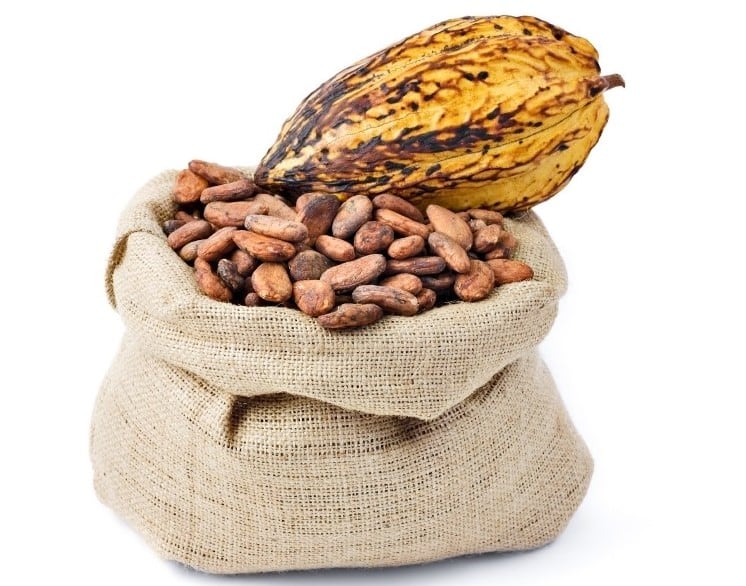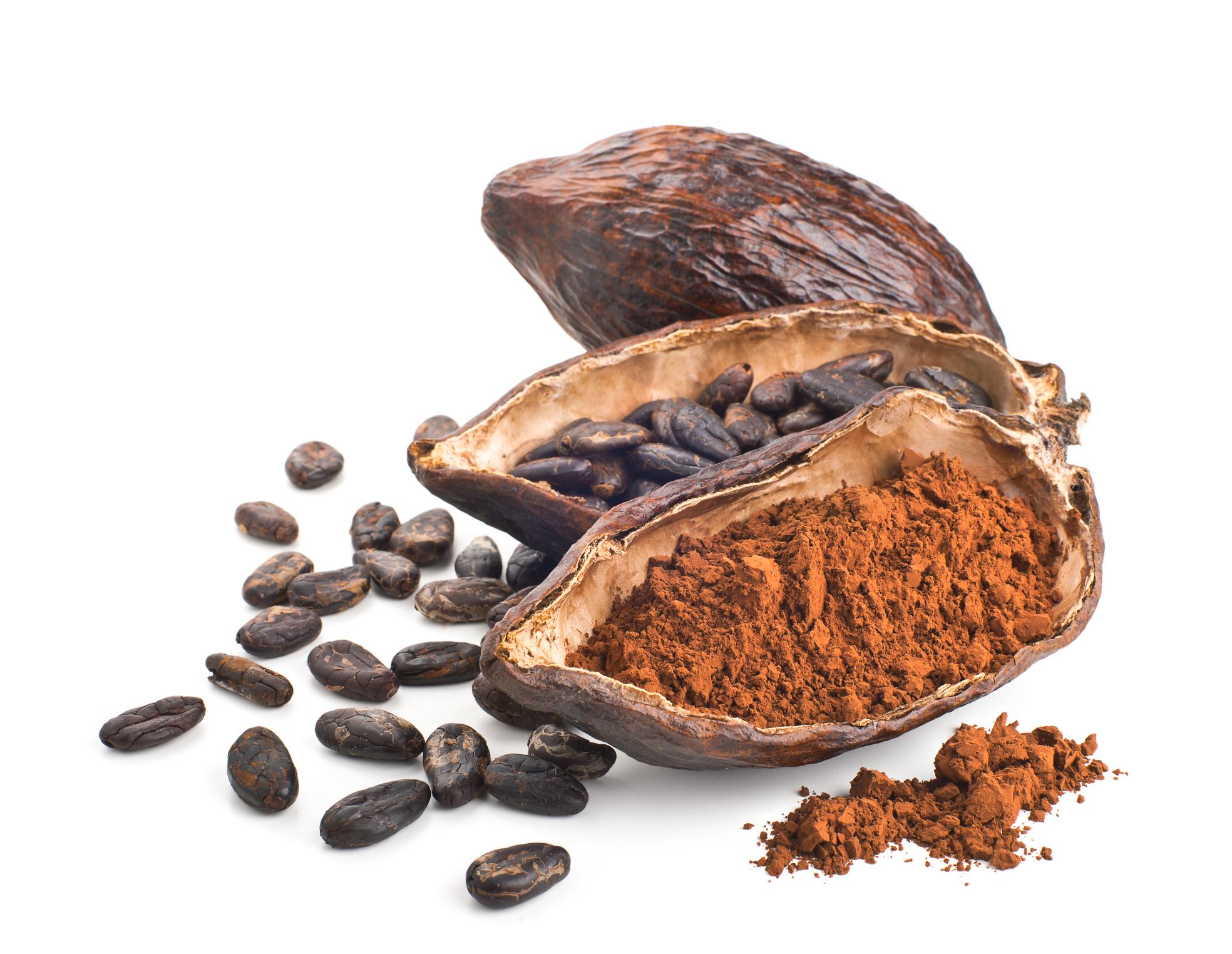Findings from the study pave the way for its use in clinical practice that along with personal health monitors, could form the basis of a personalised nutritional intervention strategy.
“The positive impact cocoa flavanols have on our cardiovascular system, in particular, blood vessel function and blood pressure, is undeniable,” says Christian Heiss, Professor of Cardiovascular Medicine at the University of Surrey.
“Doctors often fear that some blood pressure tablets can decrease the blood pressure too much on some days.
“Working with participants’ personal health technologies showed us how variable blood pressure and arterial stiffness can be from day to day and shows the role of personal health monitors in developing and implementing effective personalised care.”
While previous studies with flavanol and procyanidin-containing foods support their roles in improving arterial endothelial function, lowering of blood pressure and arterial stiffness, these studies were performed in tightly controlled experimental settings.
Effects on blood pressure show large variability between trials, suggesting that baseline blood pressure may play a role in the effect of cocoa on blood pressure.
Study design
The University’s study design, exposed individuals to flavanol interventions and control multiple times during the trial duration.
In total, eleven healthy young humans participated in a repeated crossover randomised controlled double-blind n-of-1 trial.
For several days, eleven healthy participants consumed, on alternating days, either six cocoa flavanol capsules or six placebo capsules containing brown sugar.
On each day, the capsules were taken at the same time in the morning with breakfast after baseline measurements.
Each subject was provided with an upper arm blood pressure monitor and a finger clip that measured pulse wave velocity (PWV).
Measurements of blood pressure, heart rate, and PWV were taken at least hourly over 12 hours during the day by the participants.
On the first two days, measurements were performed under supervision to provide training.
Results revealed that blood pressure and arterial stiffness were only lowered in participants if it was high, and there was no effect when the blood pressure was low in the morning.
Significantly, effects were also, for the first time, identified at eight hours after cocoa was consumed.
Researchers believe that this second peak may be due to how bacteria in the gut metabolise cocoa flavanols.
Flow mediated dilation (FMD)
“Most studies that have performed kinetic examinations of acute single ingestion flow mediated dilation (FMD) effects were up to six hours only,” the team discusses.
“In these studies, FMD improved over the first three hours with a peak effect at 1–2 hours and returned to baseline by 5–6 hours.
“These effects may be linked to the absorption and bioavailability of structurally related epicatechin metabolites.
“However, newer literature shows that at later time points, a large proportion of cocoa flavanols that are not absorbed in the upper intestine will undergo metabolism by large intestinal microbiota that occur later in blood.
“The fact that no blood samples were taken is a limitation of this study as the analysis of plasma flavanol metabolites could have provided correlative evidence in support of the gut metabolites hypothesis.”
The team also highlight the variability of responses and the importance of personal devices that can monitor biomarkers of biological effects frequently as targets for personalisation.
“Our data clearly demonstrate that people respond differently to identical treatments and even one person may respond differently on different days,” they say.
The team point to a need for wearable devices to measure responses frequently or even continuously to understand individual responses and gauge individual treatments effectively.
“The devices used in this study required manual activation of measurements that limits wider implementation.
“The development of automated non-invasive devices for measuring blood pressure without the need for a cuff inflation will be important to avoid interruption of normal life or sleep.”
Source: Front Nutr.
Published online: doi: 10.3389/fnut.2022.886597
“Assessing Variability in Vascular Response to Cocoa With Personal Devices: A Series of Double-Blind Randomized Crossover n-of-1 Trials.”
Authors: Mariam Bapir et al.




